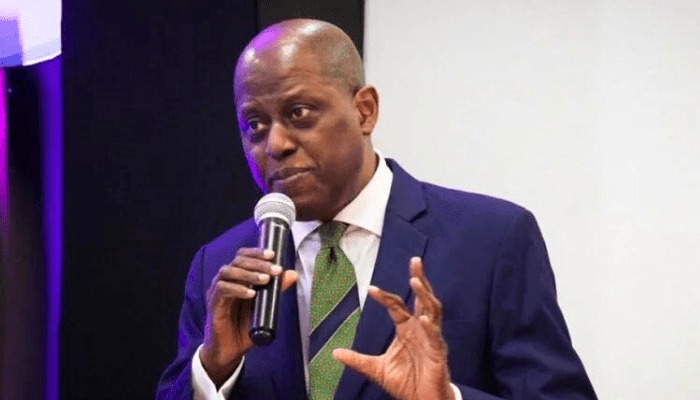Nigeria’s foreign reserves have risen to $40.88 billion as of November 21.
Governor of the Central Bank of Nigeria (CBN), Olayemi Cardoso, made this known in a communique at the end of the Monetary Policy Committee’s (MPC) 298th meeting in Abuja.
He said the external reserves grew from $40.06 billion at the end of October to $40.88 billion in November, representing an increase of $82 million or 2.05 per cent in 21 days.
“The external reserves rose marginally to 40.88 billion as of 21 November 2024, from 40.06 billion at the end of October 2024, available to finance 17 months of imports,” Cardoso stated.
He noted that the process of getting the reserves to the current level had been long.
“It is a clear indication that the policies we have put in place are certainly yielding fruits.
“However, it’s very important to make a distinction here and to reiterate the fact that reserves are there for a multiplicity of different purposes, not least of which is to create buffers in the event of unanticipated shocks.
“So, they are not there to simply whittle away. They are there to be used to more or less defend yourself where that becomes necessary. And when we talk about shocks that are not anticipated, I think we can see how the global economies are,” the CBN governor added.
He reiterated the bank’s commitment to continue to intensify efforts to stabilise the currency and prices but pointed out that for the value of the country’s currency to be stable, there needs to be increased exports and diversification of the economy.
Cardoso also said diaspora remittance has increased due to policies that have been put in place and commended those in the diaspora for helping the country accomplish over $600 million in remittances.









